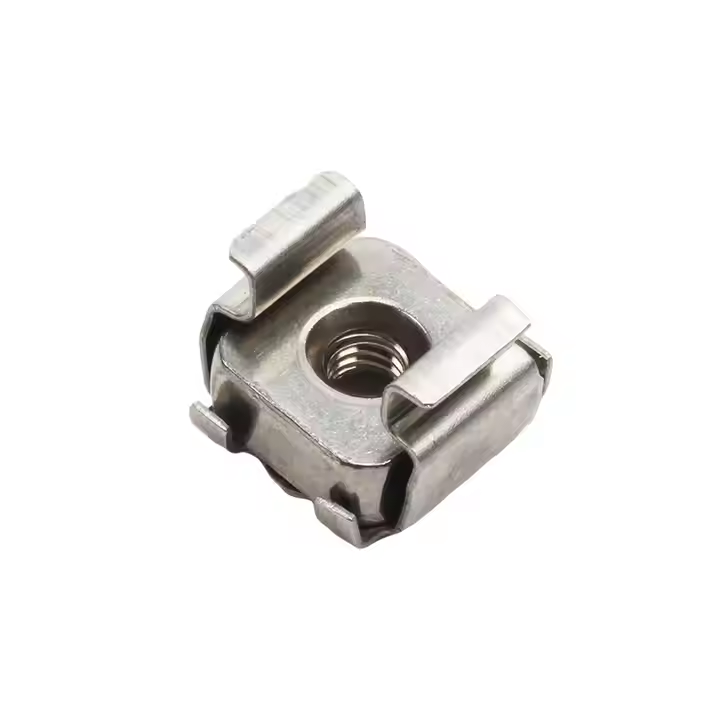

2025-04-25
Choosing the appropriate anchor bolts is crucial for ensuring the stability and safety of any construction project. This comprehensive guide delves into the various types of anchor bolts, their applications, installation methods, and factors to consider when making your selection. We’ll cover everything from material selection to ensuring proper load capacity, helping you make informed decisions for your specific needs. Learn how to avoid common mistakes and achieve optimal performance.
Expansion anchor bolts are a popular choice for various applications. They work by expanding within a drilled hole, creating a strong grip within the substrate. The expansion mechanism varies depending on the design. They are often suitable for use in concrete, masonry, and other solid materials. Consider factors like the expansion material (e.g., metal, plastic), and the required holding strength when selecting this type of anchor bolt. Always consult the manufacturer’s specifications for load capacity and appropriate materials.
Sleeve anchor bolts utilize a sleeve that expands within a drilled hole. The bolt is then inserted and tightened, creating a secure connection. This design can be highly effective in various materials and offers good resistance to pull-out forces. They provide superior corrosion resistance when made from stainless steel. Different sleeve materials and bolt sizes are available to suit a wide variety of applications. Always check compatibility with the substrate material.
Chemical anchor bolts utilize a resin or adhesive to create a strong bond between the bolt and the substrate. This method is particularly useful for applications in cracked or less-dense materials where mechanical anchors may not be as effective. Different resins are formulated for specific substrate materials and load requirements. Careful preparation of the hole is critical to ensure a successful and strong chemical anchor installation. Hebei Muyi Import&Export Trading Co.,Ltd can assist with high-quality products for various needs.
Through anchor bolts pass completely through the material, requiring a nut and washer on the other side for securing. They are ideally suited for applications requiring exceptionally high load-bearing capabilities. Suitable for heavy-duty applications such as machinery mounting, structural support, and heavy equipment anchoring. The choice of material and bolt diameter is crucial in determining the load-bearing capacity.
Selecting the correct anchor bolt involves considering several crucial factors:

Proper installation is critical for ensuring the effectiveness and safety of anchor bolts. Always follow the manufacturer’s instructions carefully. Use appropriate drilling tools and ensure the holes are clean and free of debris before installation. Over-tightening can damage the anchor or the substrate, so use the recommended torque. Regular inspections are important for all anchor installations.

| Anchor Type | Substrate | Advantages | Disadvantages |
|---|---|---|---|
| Expansion | Concrete, Masonry | Relatively inexpensive, easy installation | Can be susceptible to vibration loosening |
| Sleeve | Concrete, Masonry | High load capacity, good corrosion resistance (stainless steel) | More expensive than expansion anchors |
| Chemical | Concrete, Masonry, cracked concrete | Excellent bond strength, suitable for cracked materials | Requires precise hole preparation, longer curing time |
| Through Bolt | Various materials | High load capacity, very secure | Requires access to both sides of the material |
Remember to always consult relevant building codes and regulations for your specific project. Proper selection and installation of anchor bolts are essential for structural integrity and safety.
Please enter your email address and we will reply to your email.